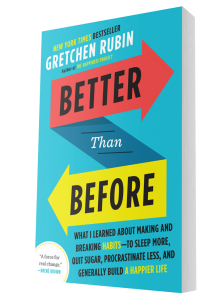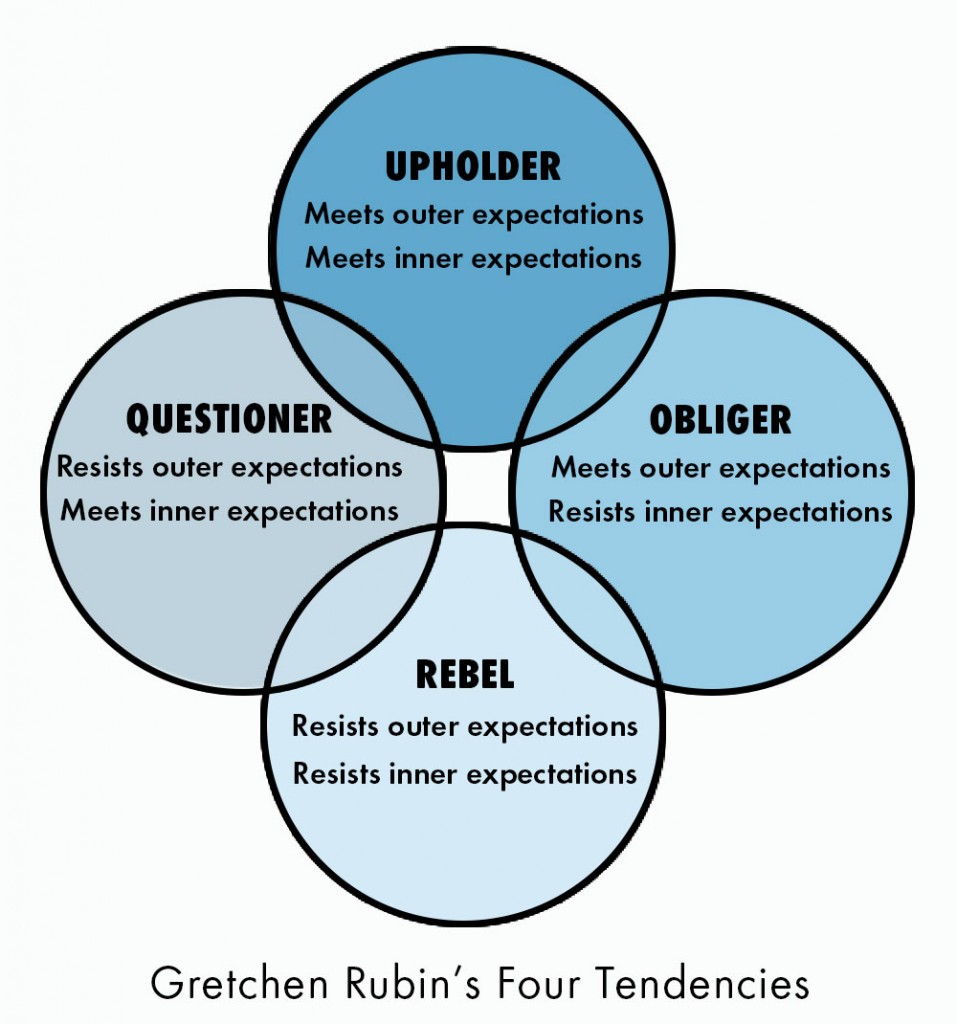Every musician knows that having good regular practice habits is the key to improve. If you’re a teacher, you have certainly noticed how difficult it could be for a student to practice regularly.
Telling them about our own methods does not solve the issue. When I was a teenager, I used to wake up every morning at 6 a.m., then play the clarinet for 40 minutes before leaving for school. For some reason my students look at me strangely when I tell that story… And yet this habit was great (for me!)
In Better than before, Gretchen Rubin doesn’t talk about clarinetists or even musicians. But as soon as I began reading it, I thought of how great the consequences for our field could be.
Gretchen focuses on setting good habits and keeping them in the long term. She noticed that techniques that work for someone won’t work at all for someone else. And that someone could have motivation issues at one point, even if they never had any problem before.
A friend of hers came to see her because she wanted to start exercising again. She was highly motivated in theory but surprisingly she couldn’t keep up with regular practice. She always had a great excuse not to go running as she planned. Oddly enough, she was part of a team a few years before and never missed a training session. Why the difference? Had she become lazier while getting older?
Not necessarily. It was just that the type of exercise habit she had chosen now didn’t match her “tendency” as well as before.
Here are Gretchen’s “four tendencies”:
Obligers:
Mostly meet outer expectations. They are more efficient when they act for somebody else (keeping a promise to someone, following a rule, doing something for work, their community, their family…). Gretchen’s sporty friend didn’t miss any training session when she knew that the whole team relied on her. No team, no motivation!
Read more about obligers.
Questioners:
Meet inner expectations. They need to know why they must do something, and resist given orders if they’re not explained and internalized.
Read more about questioners.
Upholders:
Meet both inner and outer expectations without much trouble. According to Gretchen, they make up a minority of the population.
Read more about upholders.
Rebels:
Resist both inner and outer expectations. They hate obligations of all kinds, whether they come from themselves or from others. They need to feel that they’re making a free choice for all their actions. The very idea of keeping a habit is difficult for them.
Read more about rebels.
I think that, like Gretchen herself, I’m an upholder. It’s always been pretty easy for me to set myself a goal and work at it, or when I was a student myself, to do what my teacher asked me to do without complaining (too much). I see now why I sometimes have issues advising my students if they are from another tendency. I didn’t realize they were simply wired differently and needed to develop different strategies!

What about you ? What tendency do you see yourself in?
Coming soon : How can we apply these ideas to musicians? What tips can we give to clarinetists of each tendency? And how can we help those crazy rebels? (I’m kidding, everyone can play, I promise!)




2 thoughts on “Better than before. Understand yourself to practice better”